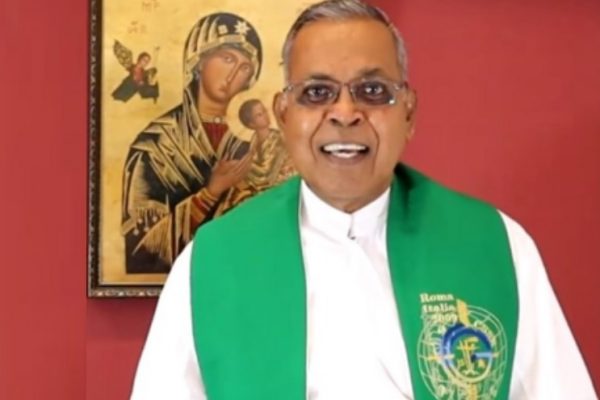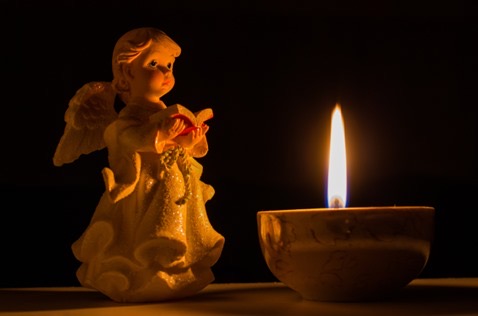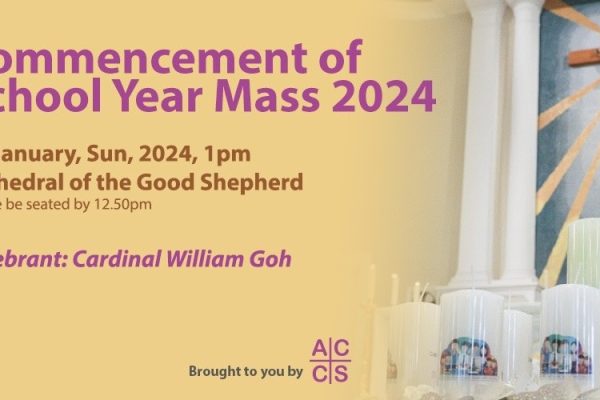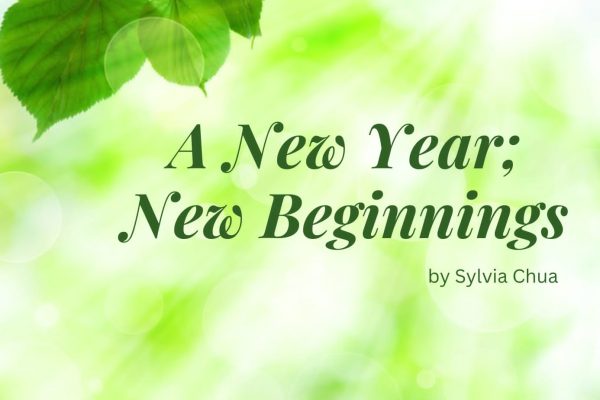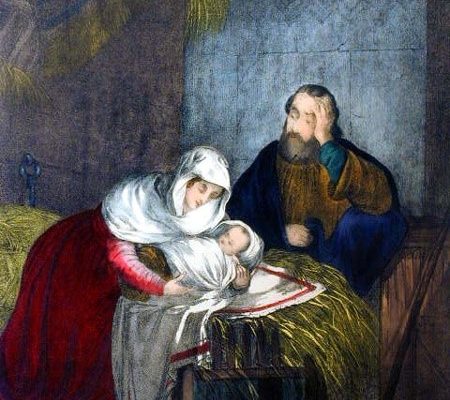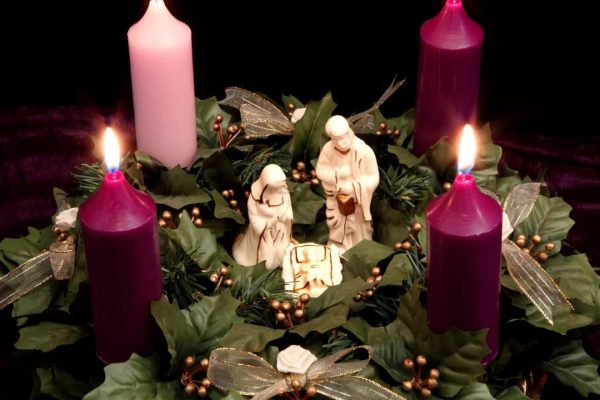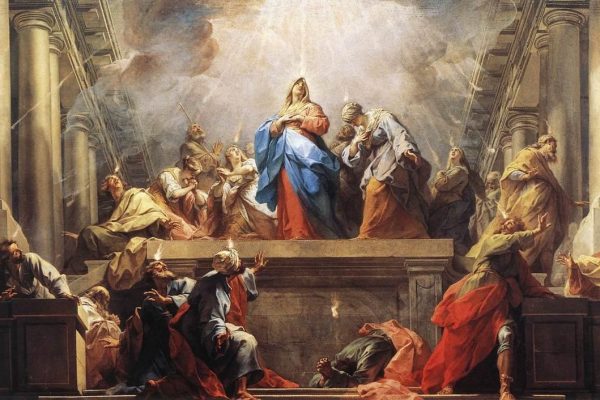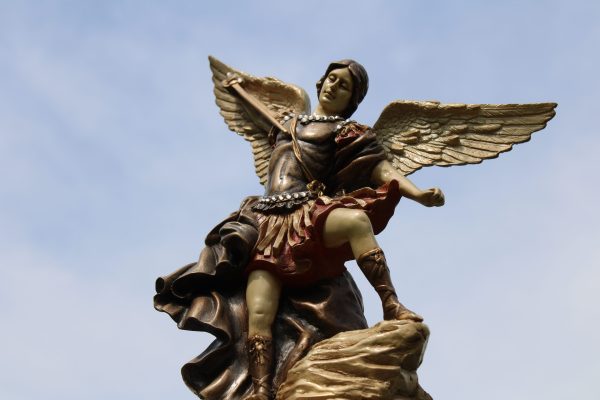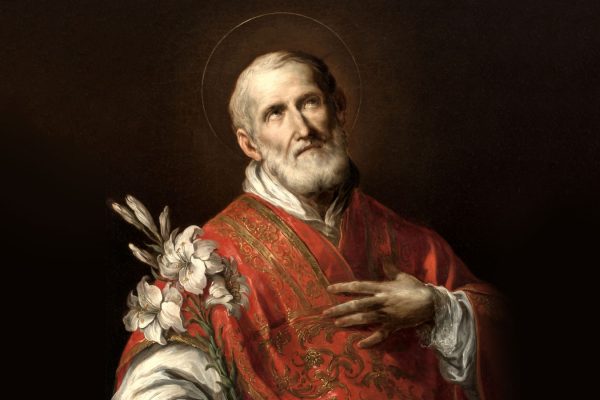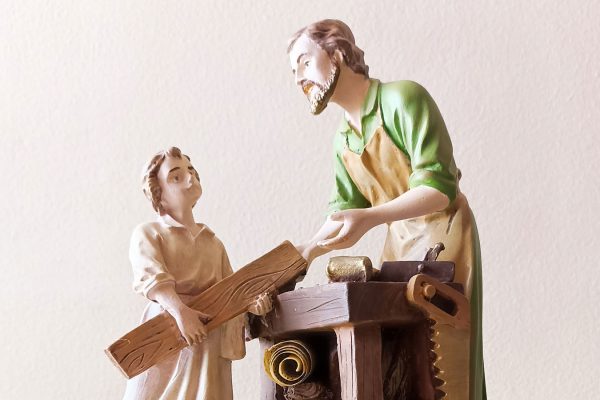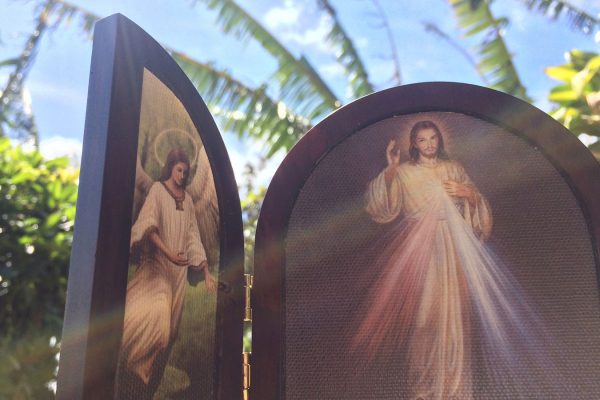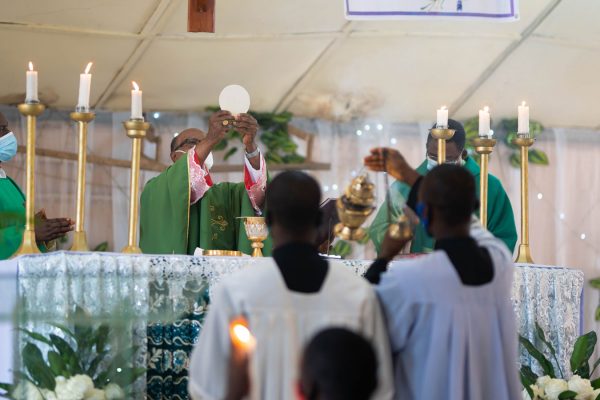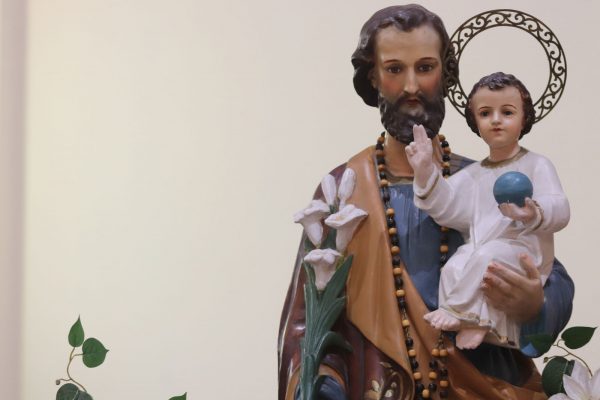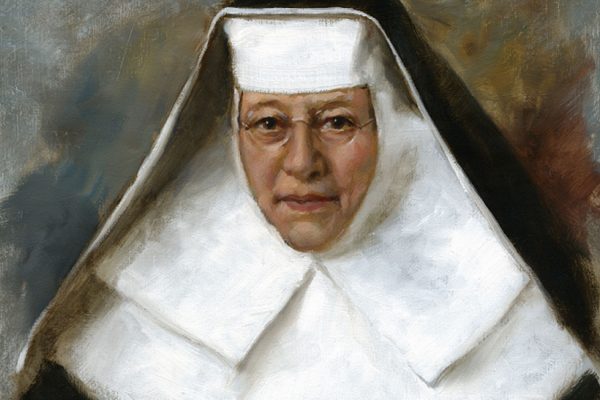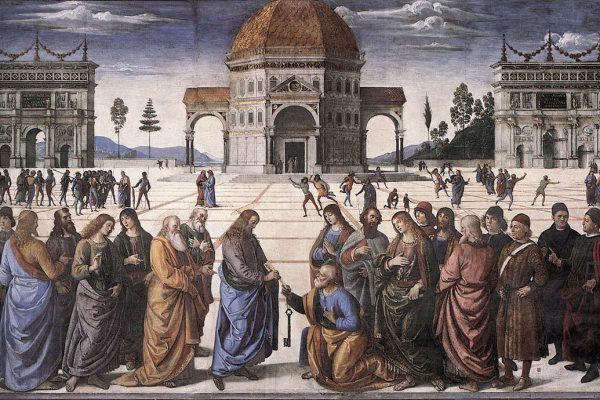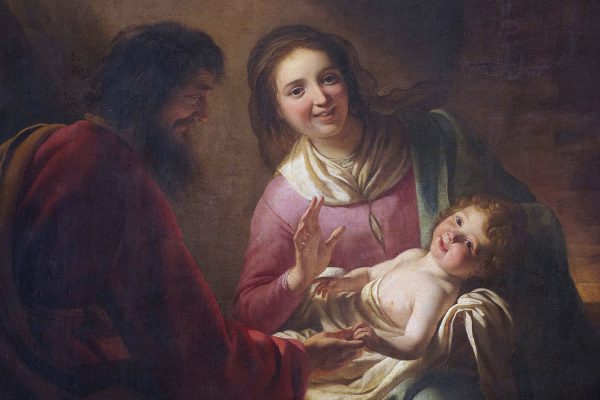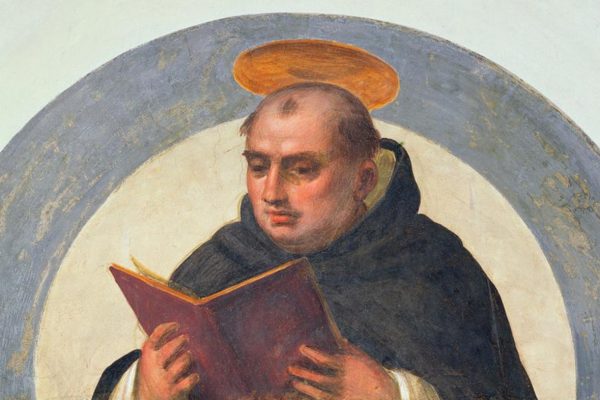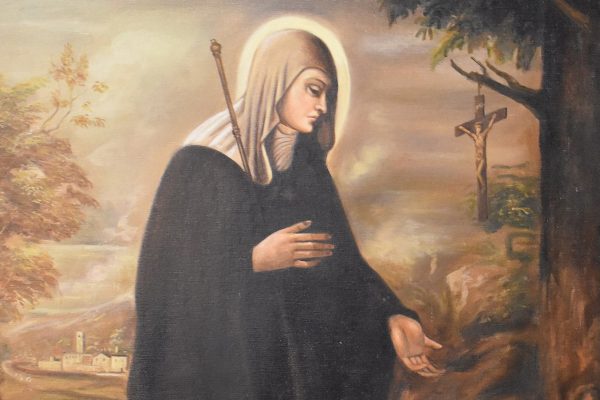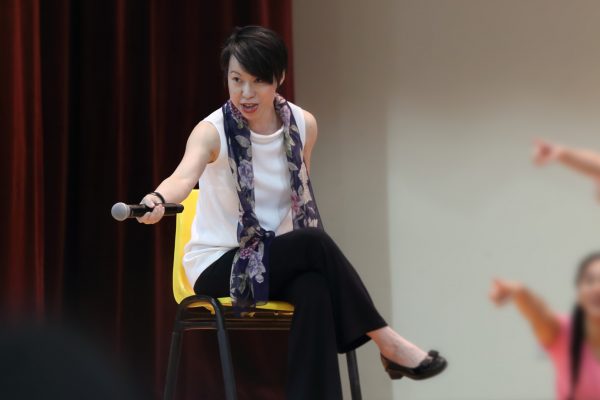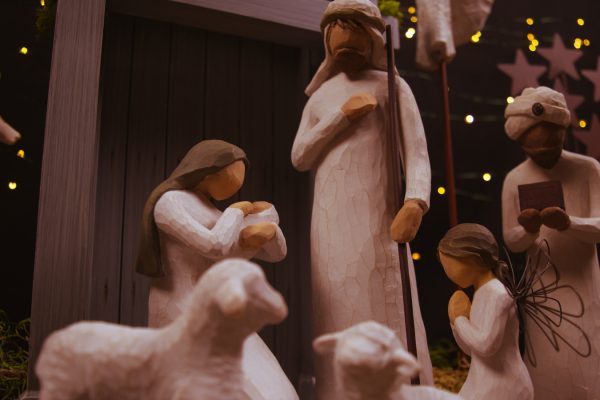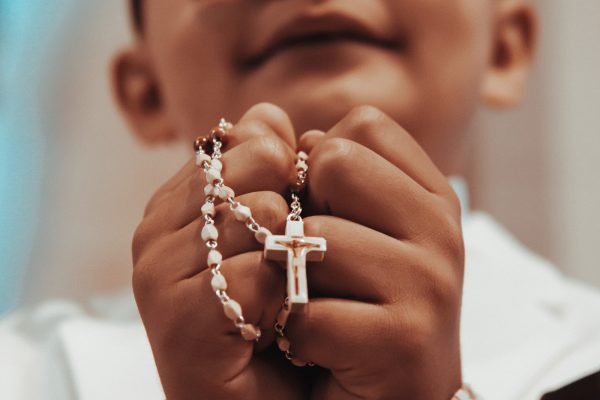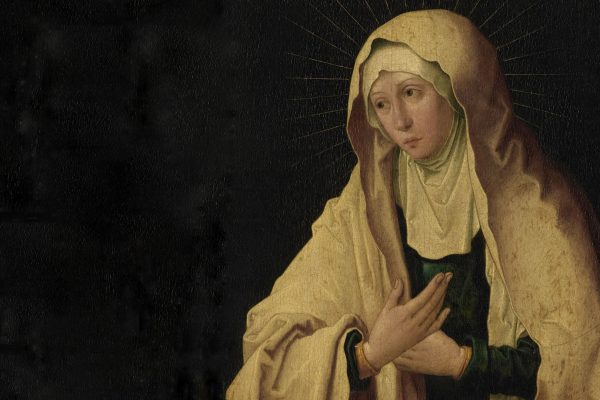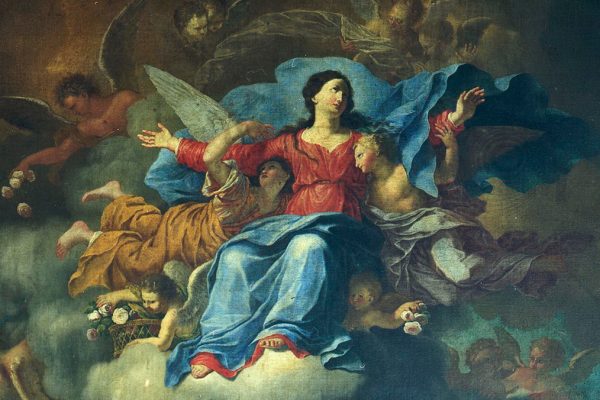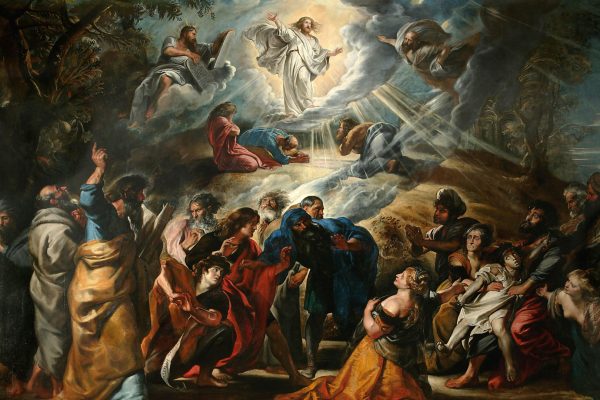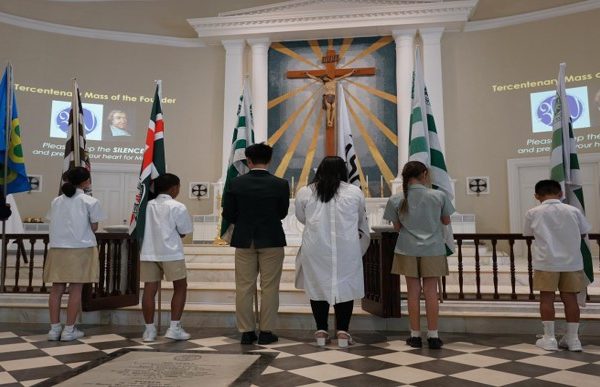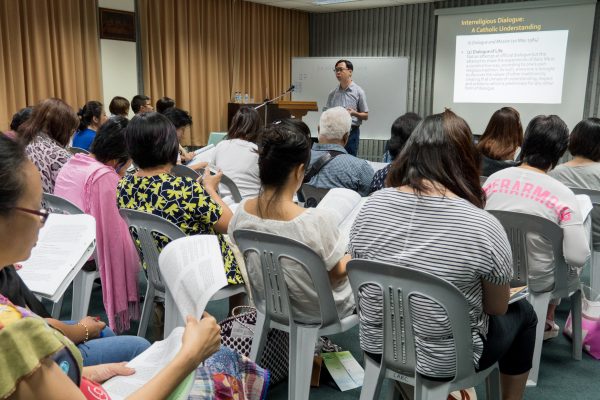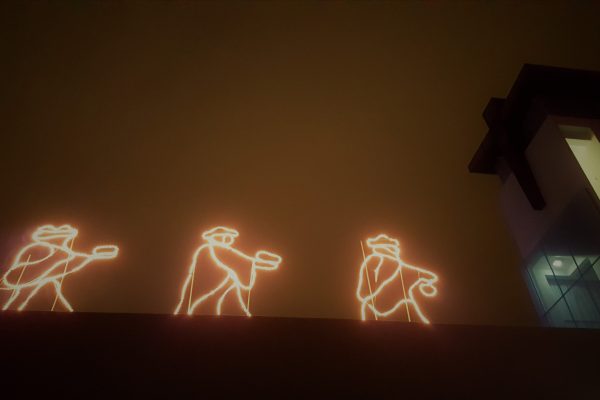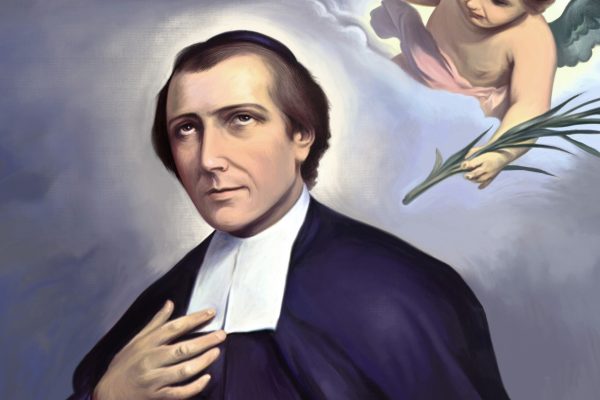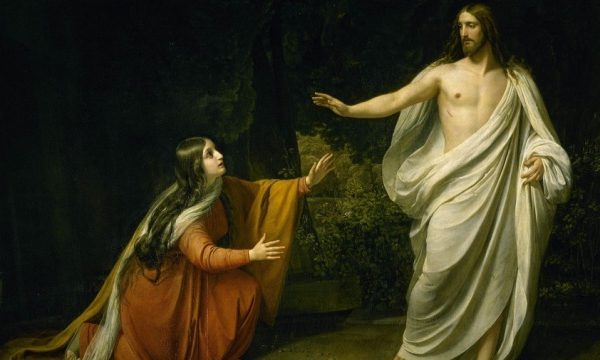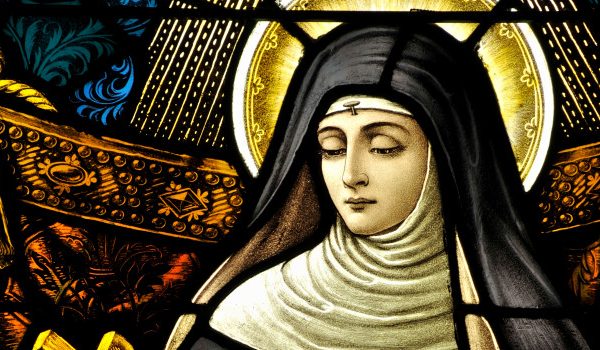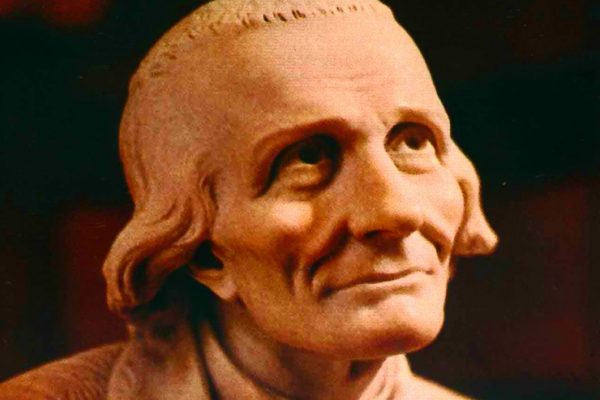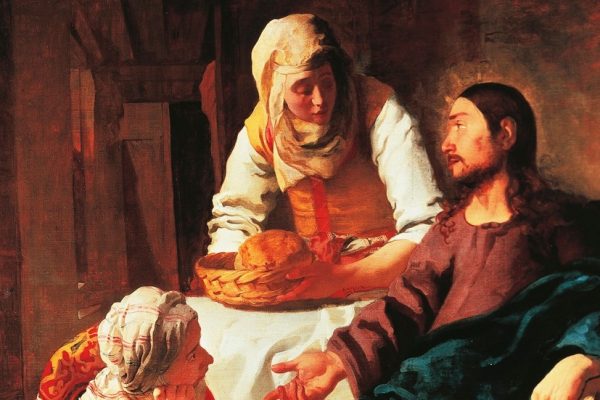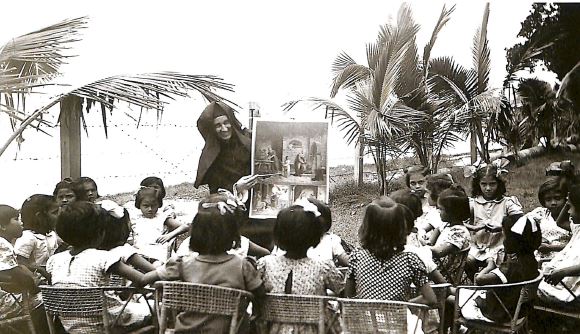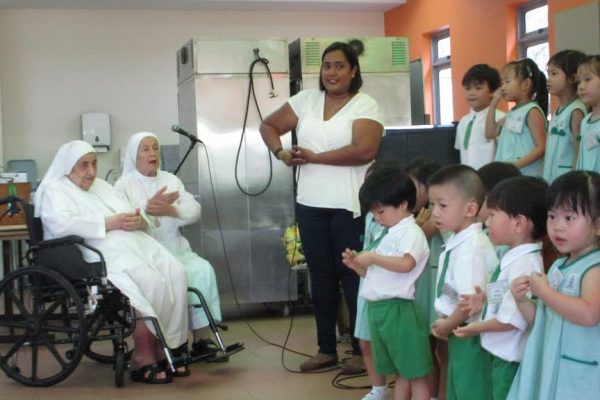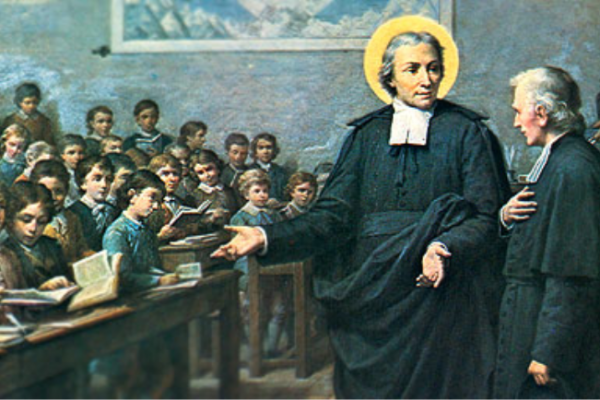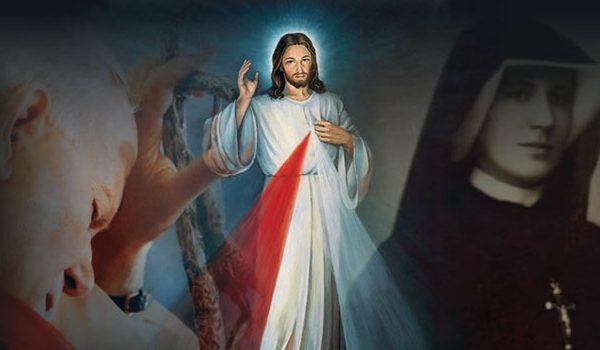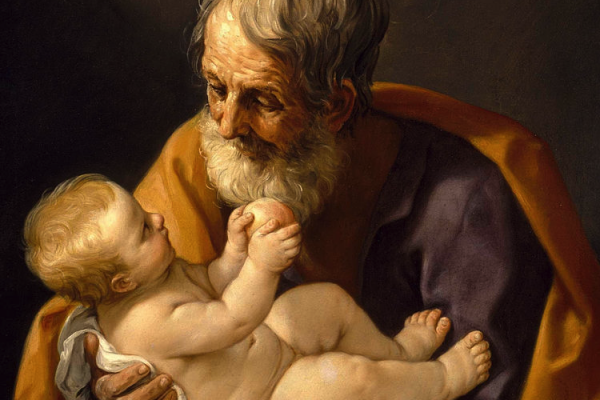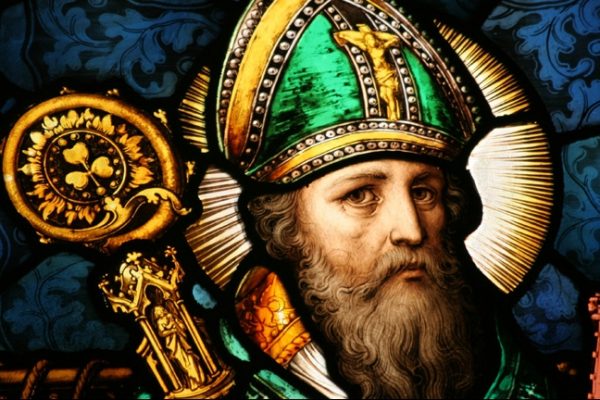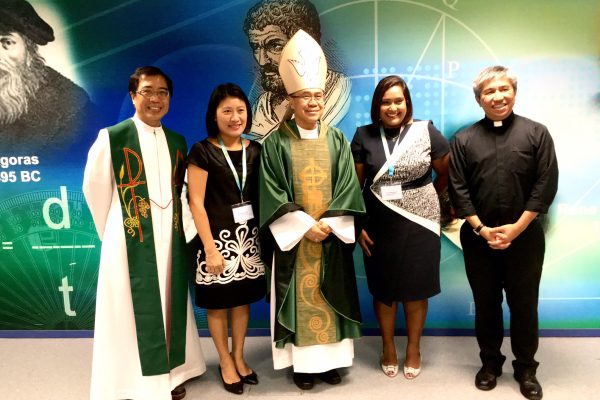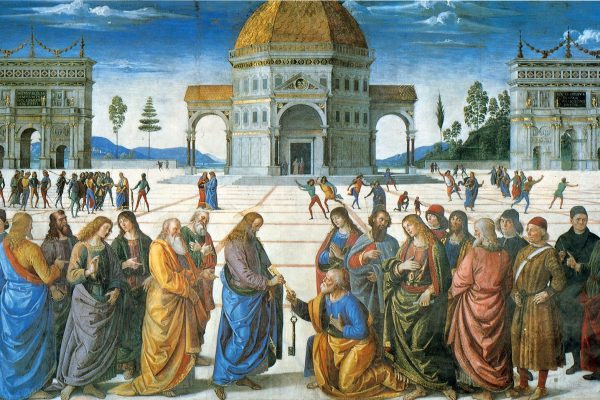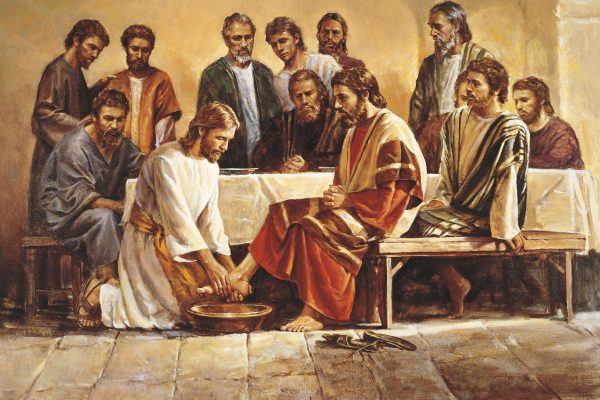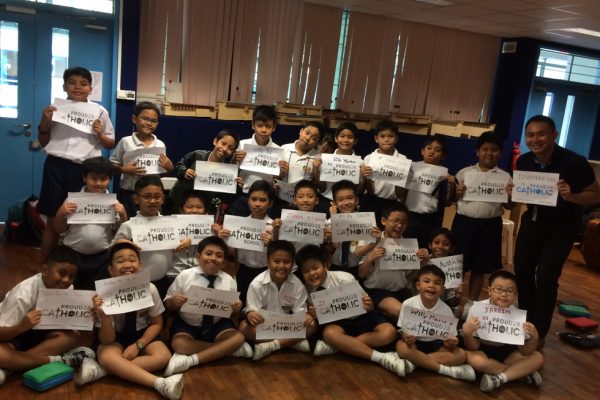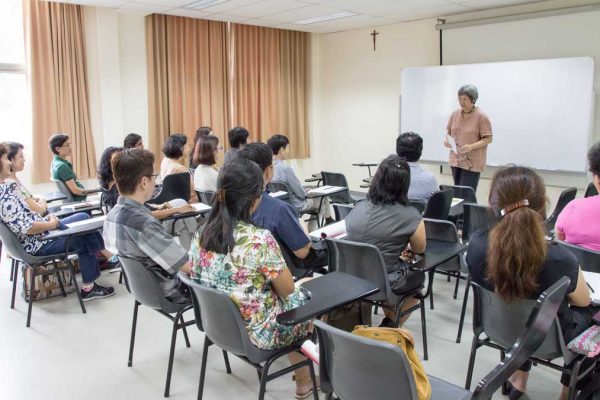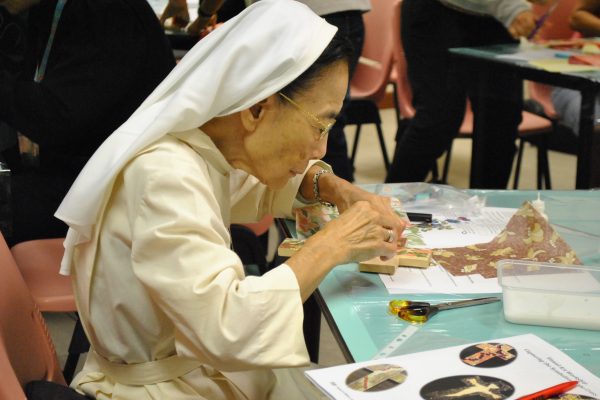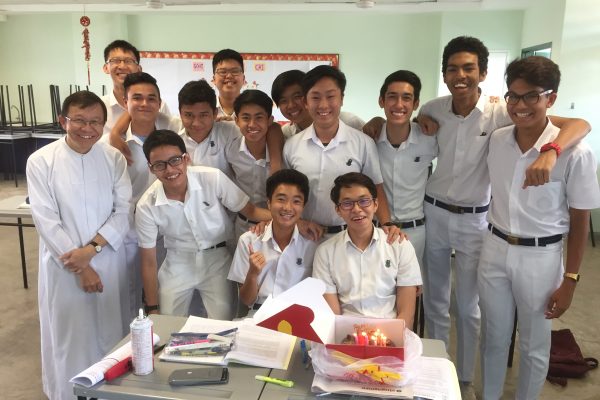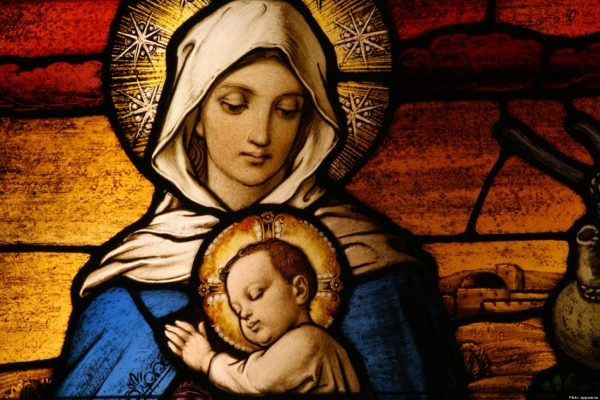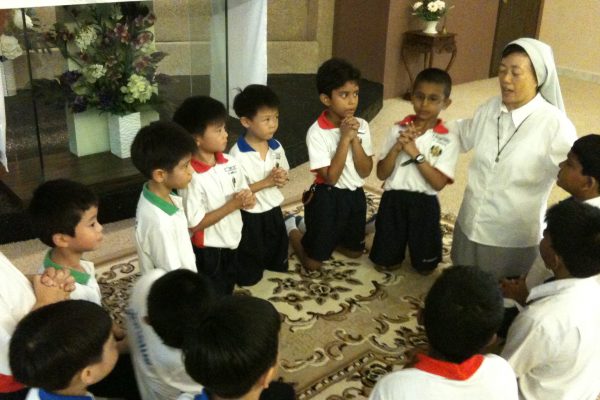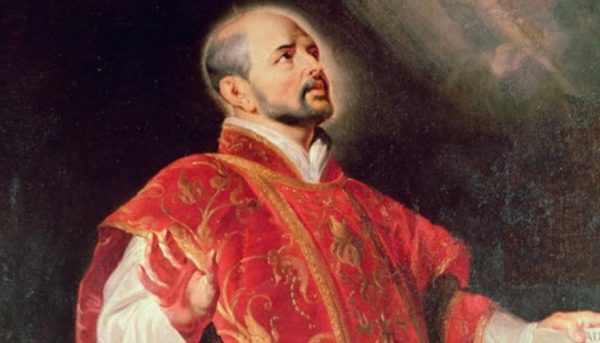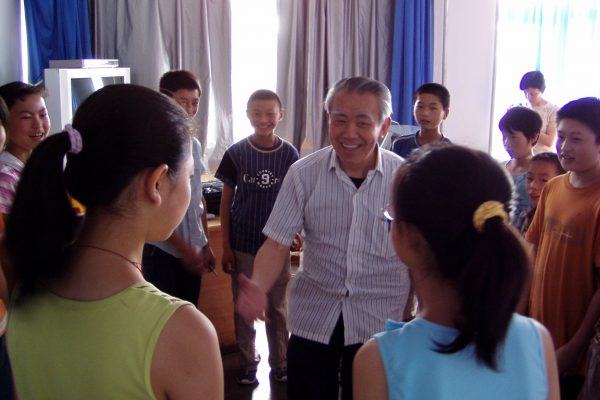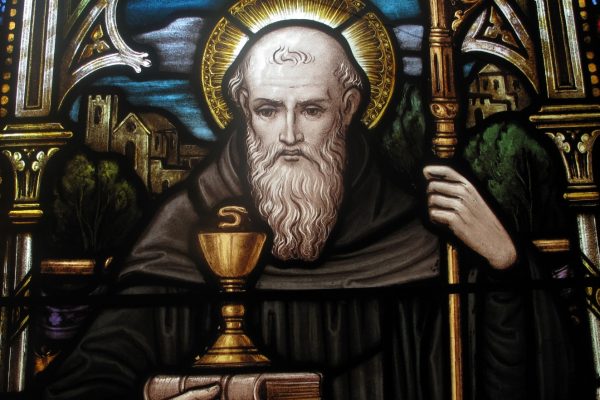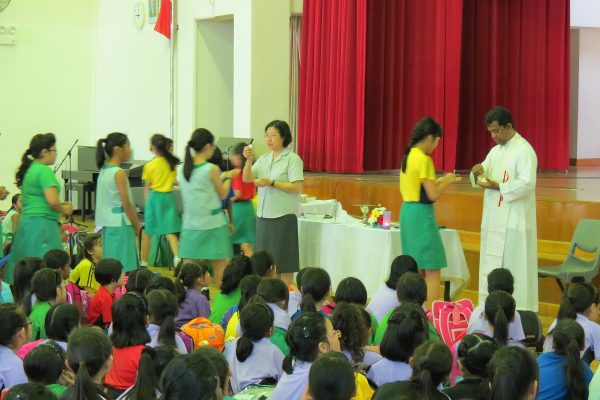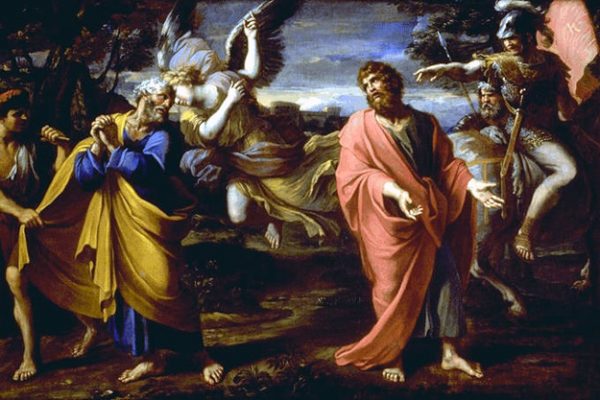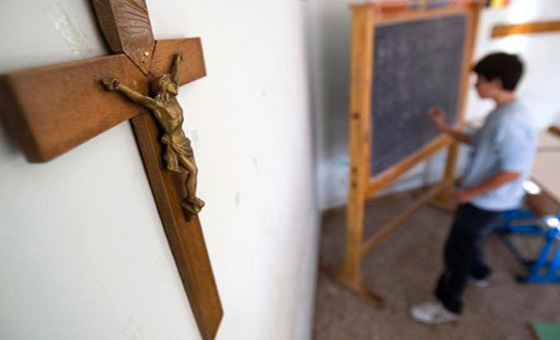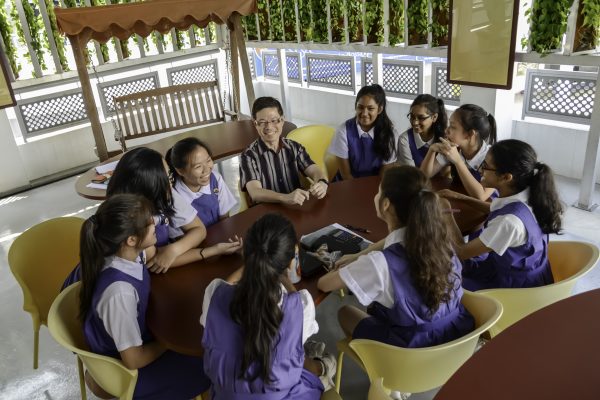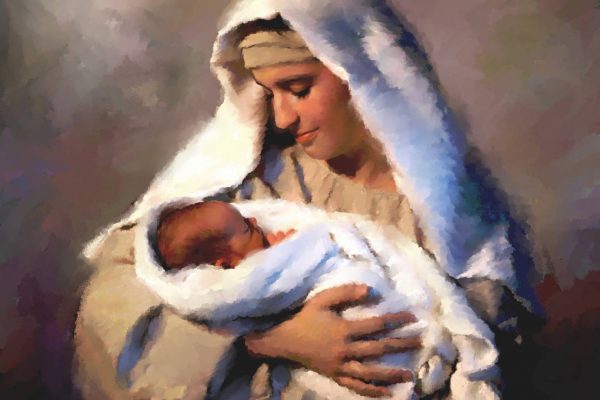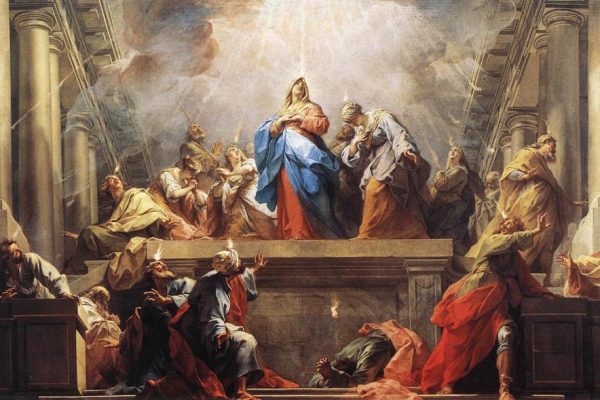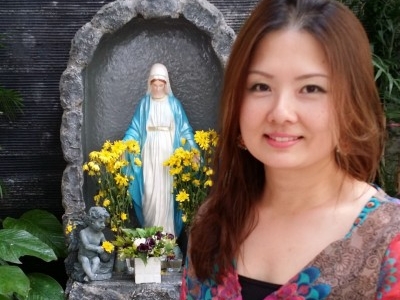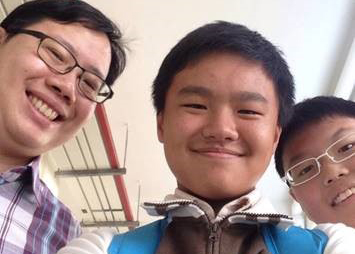
Unless you become like little children. (Matthew 18:3)
Nick Chui revisits an occasion in school which presented him with a teachable moment to expound to his students his belief that there is no dichotomy between faith and reason. Nick models the adage that unless one is filled with the living water, one would not be able to be living water to others.
…
My teacher’s last words when he lay on his deathbed was “Jesus, I love you.”
These were the same words that he would have uttered as a child and a young man.
And at the end of his long life, it was the same words on his lips as he prepared to meet his Lord.
He had a number of students in his life time. One of them described him as “having the intelligence of 12 professors and the piety of a child at first holy communion”.
You would probably know him too. His name is Professor Joseph Ratzinger, otherwise better known as Pope Emeritus Benedict XVI, who passed away on the 31 Dec 2022.
For him, his “father’s clear-sighted faith taught us brothers and sisters to believe and stood firm as a guide in the midst of all my scientific knowledge” and his “mother’s heartfelt piety and great kindness remain a legacy for which I cannot thank her enough.”
Elsewhere, he has stated that “Christianity was convincing because of the connection of faith with reason and by directing behaviour by caritas, by loving care for the suffering, the poor, and the weak, across any boundaries of class or status.”
He is my teacher, because he models for me the paradox that having a childlike faith, far from being naïve, is actually a form of intelligence.
And he points out the way for a Catholic teacher to be convincing. Namely i) A relentless commitment to faith with reason in the classroom. ii) A loving care for my students regardless of their achievements or social status.
Point two should be quite obvious to any educator. All educators would have heard the adage “students do not care how much you know until they know how much you care.”
In the “high performing” Catholic school, where I teach, the statement remains true, but also in need of a bit of modification. I also found the following also true.
“Students do not care how much you care until they know how much you know”. (H/T to the late pastor Tim Keller for helping me to formulate this.)
- https://www.vatican.va/content/benedict-xvi/en/elezione/documents/testamento-spirituale-bxvi.html
- https://inters.org/Ratzinger-Truth-Christianity
- In an interview, Pastor Tim Keller shares two different styles of pastoral ministry which he used when he was pastoring churches in rural areas, and in churches in big cities like New York. in a blue-collar town, your pastoral work sets up your preaching.” Unless congregants have gotten to know you personally, unless you’ve supported them through all kinds of problems and shown wisdom in the way you as a minister treat them, they won’t listen to your preaching. They have to trust you first. In a place like New York, however, “people look for expertise; they’re professionals, and they want to know you’ve got the goods; they want to know you’re really good at what you do. And if they hear you and they say, ‘Oh, that’s smart, that’s very interesting, that’s very skillful,’ then they’ll come and talk to you about their problems. https://www.theatlantic.com/ideas/archive/2019/12/timothy-kellers-moral-universe/603001/
That is where point one, in Benedict XVI’s statement, becomes helpful.
I teach history to Upper Secondary students of the Integrated Programme. I make no secret of my faith. Before every lesson, I make the sign of the cross, bow before the crucifix and then greet the students.
We then jump into the history lesson where we discuss and dissect historical sources with analytical rigour.
The students know that I use terms very precisely. A typical exchange in class can go as follows.
“You said that this source is unreliable because it is biased. Could you clarify what you mean? Bias simply means that the source takes a certain point of view and it attempts to persuade. Unreliable on the other hand suggests that it is problematic for its factual claims. So which is it? Or is it both?”
I try to embody in the classroom, that for me as a Catholic teacher, there is no dichotomy between faith and reason.
This actually intrigues students. A recent incident brought this home.
The students of the entire Sec 4 level were herded into the auditorium for a vocation talk. Some were listening intently to what the Catholic nun was sharing. Others were distracted.
I was sitting behind. B & G, the distracted students were from my history class. B decided to talk to me instead, with G listening on.
Student: “Mr Chui I know people of faith like this Sister often talk about how God is calling them. But I am a
person who believes in science and reason.”
Me: “You know from my history lessons that I do too.”
B: “So how does that work for you?”
Me: “The scientific method is one way at getting at truth. But it is not the only way.”
B “What do you mean?”
Me: (grinning mischievously) “Do you love G?” (G is his best friend)
B: (laughing) “Of course I do!”
Me: (with an even more wicked grin) “Does G love you?”
B: “Of course he does!”
Me: “How do you know? Did you perform a science experiment?”
B: “No… but….well…. I trust him”
Me: “Is that trust blind or reasonable?”
B: “Reasonable”
Me: “This is what it means to have faith.”
There was a moment of silence. And he continued
B: “I never thought of it that way. That’s actually quite insightful.”
Me: In real life, “Faith comes before reason. My daughter is 3 months old. When she is 3 years old, I will tell her “Don’t touch the flask. It is hot.” She has not learnt science. But she will listen because “Daddy cares for me.” Later on, in Primary 3, she will learn science, and learn about heat. Then she will know the reason why Daddy said what he did.” At Secondary 3, she will do science experiments in a lab. While she is in the lab preparing to apply the scientific method to test for a particular hypothesis, she will nevertheless accept in trust, without using the scientific method, the safety instructions of the teacher/lab technician.” Faith is what facilitates reason. It is a different way of knowing. But it comes first.”
B: I am grateful for this conversation Mr Chui. I hope the Sister doesn’t mind if we were talking during her
talk”.
Me: (laughing) Don’t worry, I will explain to her later if she asks!
When Jesus declares that the kingdom of heaven is opened only to those who “become like little children,” he is not asking his disciples to be naïve.
Elsewhere, St. Paul will actually urge the Christians of Corinth that the life of faith can and should mature “When I was a child, I talked like a child, I thought like a child, I reasoned like a child. When I became an adult, I put the ways of childhood behind me: (1 Cor 13:2)
Rather, our Lord is drawing attention to the reality that the attitude of a child, i.e. relating to the world in trust, remains a foundational way of understanding the world and God.
A Catholic educator has that sacred duty never to destroy that trust through naïve presentations of the faith, which would shatter once brought to the bar of reason.
But neither is he to breed cynicism in students, as if methodological doubt, and sceptical questioning, is the sure-fire way to understanding reality.
Rather, he has the task to witness to the following paradox. The reasonableness of faith, and faith in reason.
By doing that, he participates in what Swiss Theologian Hans Urs von Baltasar observes when a mother smiles
at her infant.
“The infant is brought to consciousness of himself only by love, by the smile of his mother. In that encounter, the horizon of unlimited being opens itself to him, revealing four things to him: One that he is one in love with the mother, therefore all Being is one; Two that love is good, therefore all Being is good; Three, that love is true, therefore, all Being is true, and Four, that love evokes joy, therefore all Being is beautiful.”
At the end of his testament, Benedict XVI states that he has witnessed, over his long life, how “out of the tangle of hypotheses, the reasonableness of faith has emerged and is emerging anew. Jesus Christ is truly the Way, the Truth, and the Life – and the Church, in all her shortcomings, is truly His Body.”
May this also be our final and most important lesson and legacy to our students.
- https://theimaginativeconservative.org/2016/03/timeless-essays-uniting-faith-and-culture-hans-urs-von-balthasar.html
- https://www.vatican.va/content/benedict-xvi/en/elezione/documents/testamento-spirituale-bxvi.html

